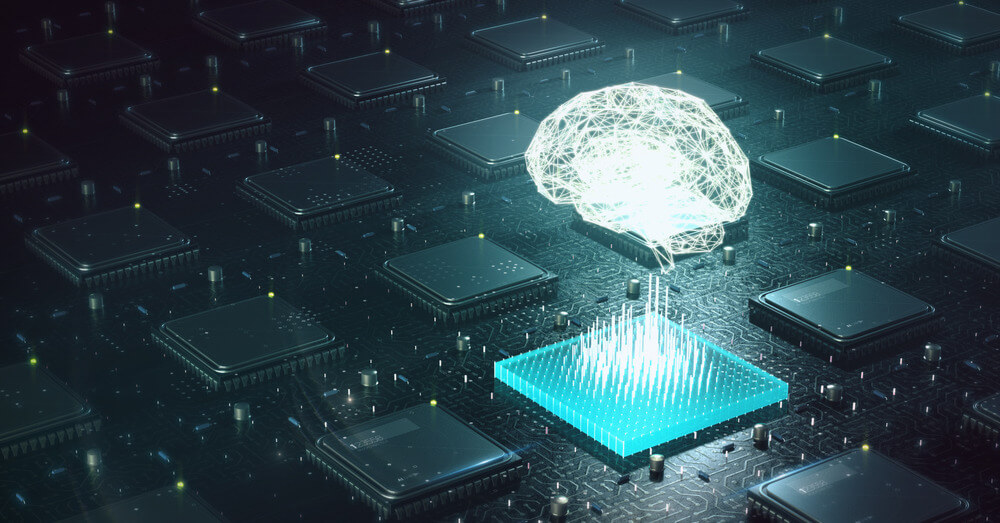
According to the Forbes Technology Council and Brian Platz, blockchain technology is a vital part of the AI revolution
According to Brian Platz, the Co-CEO of Fluree, blockchain technology is a vital part of Artificial Intelligence (AI) development. In a recent article published by the Forbes Technology Group, Platz describes some of the issues that have arisen in the AI space and how blockchain can help.
It is easy to see AI as a double edged sword — while it could be used productively for the greater good of society, many corrupt individuals will use this technology to profit, to fulfill a malicious agenda or simply to spread chaos.
One example that Platz used is Microsoft’s Tay, a conversation learning AI that was released in 2016. The machine learning program had to grow based on the conversations it had with Twitter users and those interactions were used as its knowledge base to adapt, understand, and grow.
Just 24 hours after its release, Tay became a sexist, racist, anti-semitic entity. This represents the information that was fed to the AI by Twitter users. It further shows that information processed by AI should be closely moderated, and any information that is put into an AI platform should be reliable.
Blockchain can help AI development
In the recent Forbes article, Platz comments:
“Our increasing reliance on machine learning opens the floodgates for hackers and other bad actors to manipulate data and exploit algorithms in dangerous ways.”
Technology is an ever-evolving area, which means hackers will always find new and creative ways to conduct cyber attacks.
Instead of just hoping that AI development will find solutions for these problems, Platz thinks that using a record keeping system like blockchain is a big part of making AI development safer.
He wrote that:
“Blockchain provides the necessary technology to make sure that AI architects can understand and trace the path of machine learning, allowing them to be confident in the integrity of the data that powers AI.”
Complex AI programs may be difficult to analyse, as they are more ‘intelligent’ than the people who are developing them – but blockchain would allow developers to see where the AI was pulling data from, and potentially block certain kinds of media from entering the AI’s learning protocols.
As the world deals with technologies like Deepfakes and smart vehicles, it will be vital for AI to have access to reliable information, and also for AI developers to understand what data will be included in the AI’s learning algorithms. Blockchain may be a big help as AI continues to grow in popularity.

